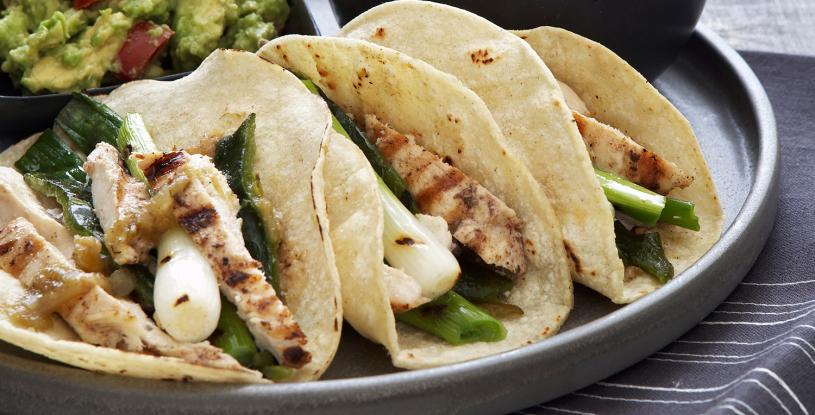Last year, Bon Appetit magazine declared the United States “Taco Nation.” Its Feb. 13, 2020 issue asked: “Has there ever been a more important time in this country for tacos? Not only are they more dynamic and widespread than ever (jackfruit birria in East L.A! Duckfat tortillas in Kansas), they’re a cultural lightning rod …”
As Bon Appetit noted, chefs across the country are creating unique taco offerings, many choosing tortillas that kick flavor up a notch with ingredients such as chiles, cilantro or lime, or crafting tortillas with alternative grains such as heirloom corn.
At the supermarket, home cooks can choose from tortillas that meet a variety of “better-for-you” claims: high-fiber, low calorie, low-carb, organic or gluten-free.
Add the perceived convenience benefit of tortillas, whether as a handheld snack or as part of a meal kit, seasoned with the growing interest in Hispanic or Latino foods, and it’s no wonder that global tortilla sales are expected to reach $53 billion by 2025.
Identifying the market potential for tortillas is easy. Maximizing the opportunity in this important market niche is the challenge, especially when creating flour tortillas. Tortilla makers know that a good-quality flour tortilla should be light in color, opaque, well puffed, soft in texture, flexible without cracking when folded, and have a long shelf life.1 But achieving this ideal requires special attention to address inherent functional challenges.
Tortilla production challenges
Arise® is a line of wheat protein isolates high in protein – from 85 to 90 percent on a dry basis – that provides exceptional extensibility and elasticity to doughs.
The Arise technical specifications booklet discusses the role of glutenin and gliadin, the functionally significant fractions of wheat gluten. The glutenin fraction creates the elasticity property and gliadin the viscous property, or plasticity and extensibility. The relative proportions of gliadin and glutenin affect dough properties; an increased proportion of glutenin imparts increased dough strength.
All Arise ingredients contain the gliadin and glutenin that are naturally present in wheat protein. Arise 5000 and 6000 series can improve dough handling and machinability, by imparting extensibility property on the dough. The extensibility properties of Arise 5000 and 6000 are important in flour tortilla, pizza crust and flat bread applications.
In addition to dough extensibility, maintaining the tortilla’s diameter and rollability present unique functional issues. The Arise 5000 and Arise 6000 series also can help address these challenges.
Further, they help improve the shelf life of tortillas.2 A five-point subjective rollability test developed at Texas A&M University is performed to determine shelf stability of flour tortillas, the number of days until the rollability score reaches 3 on a descending scale of 5 (no cracking) to 1 (unrollable.) Arise 5000 formulated in a flour tortilla formula at a level of 1% to 3% based on flour. Its incorporation had a positive effect on the shelf stability by a significant increase in time (22 to 26 days) in which the tortilla had an acceptable rollability score compared to the control tortilla (10 days.)
Arise can help overcome functional considerations in tortilla production. It’s the perfect partner for food formulators’ plans.
1, 2. Arise® Technical Specifications, page 26. (MGP Ingredients, Inc.)

